On May 15, 2018, Ms. Ingrid D. Larson, Deputy Director of the U.S. Department of State’s East Asian and Pacific Affairs Bureau, visited the Yenching Academy of Peking University and engaged in a cordial conversation with Yenching Scholars.
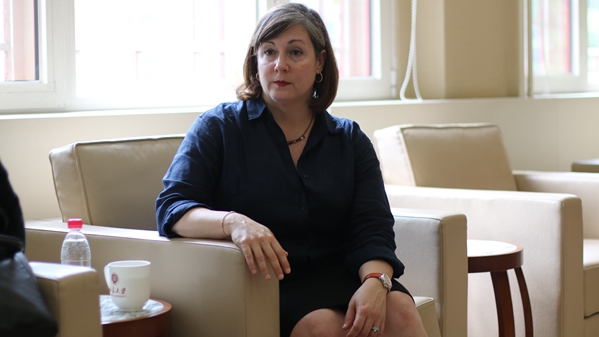
Ms. Larson briefly introduced the current situation of Sino-U.S. student mobility. She commented that higher education is an important part of a country’s soft power, and educational exchanges have a profound influence on the relations between the two countries. Associate Dean of Yenching Academy David Moser explained the program’s curricular design and goals. He noted the importance of interdisciplinary integration, taking into account the social sciences and the humanities, and studying China's issues from multiple angles.
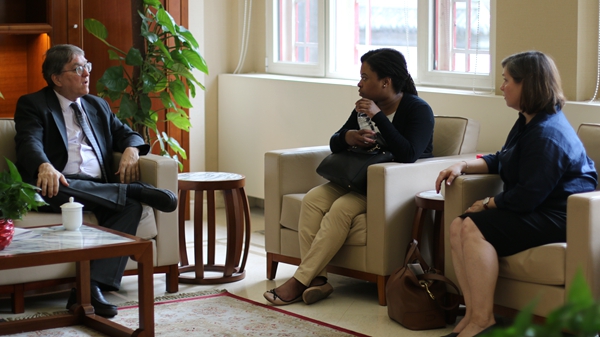
Ms. Larson showed a strong interest in the school application process, student sources, and academic atmosphere. Head of Admissions Miranda Zuo shared the Academy’s recruitment strategy. Professor Chen Changwei, Assistant Dean, focused on academic research and talked about the innovation and the vitality of the program. In classroom learning and extracurricular studies, Yenching Scholars analyze issues from a comprehensive and rich perspectives. The Yenching Academy also cultivates student leadership that can contribute to the world in the era of globalization.
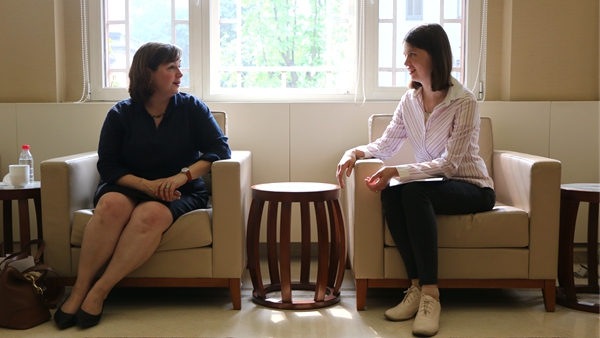
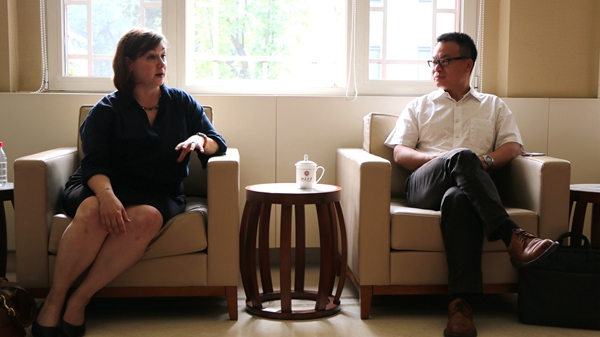
Ms. Larson shared insights from her 20 year career as a diplomat. She has worked in many countries and regions, including China, South Korea, Cyprus and Mexico. She has paid close attention to the development of higher education in China. From the establishment of the Confucius Institute to the ever-increasing cooperation of universities at home and abroad, China is taking steps to engage internationally through educational initiatives. Finally, Yenching Scholars shared their own stories with Ms. Larson and discussed their goals and hopes for the future of Sino-American cooperation.
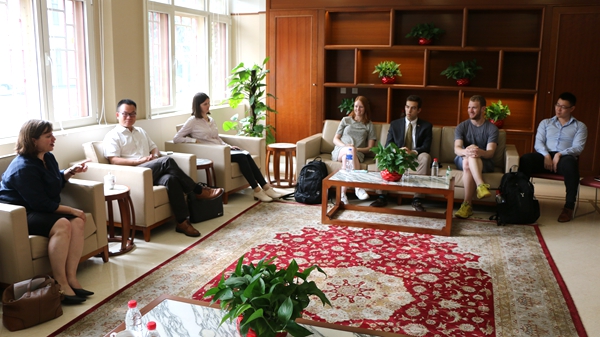

by Alix Lewis